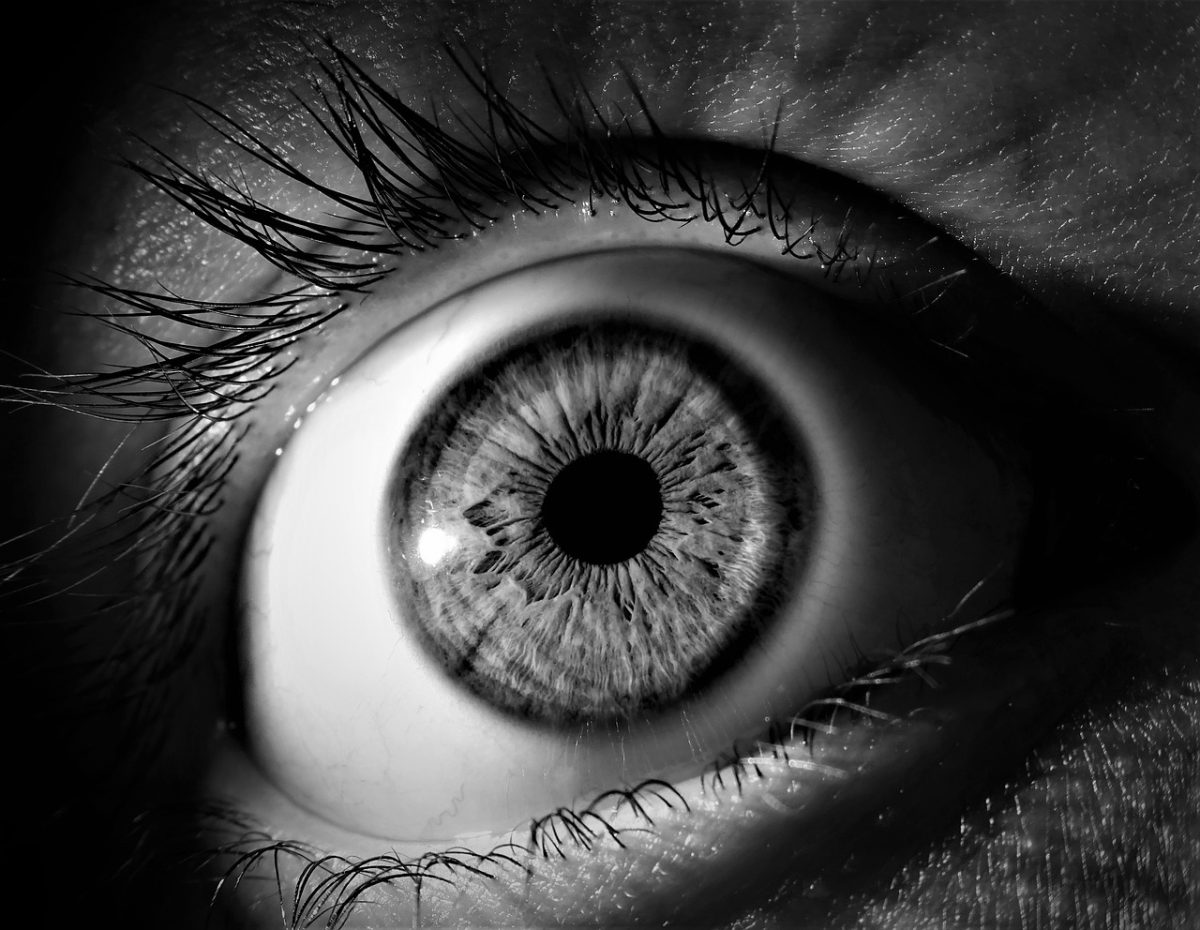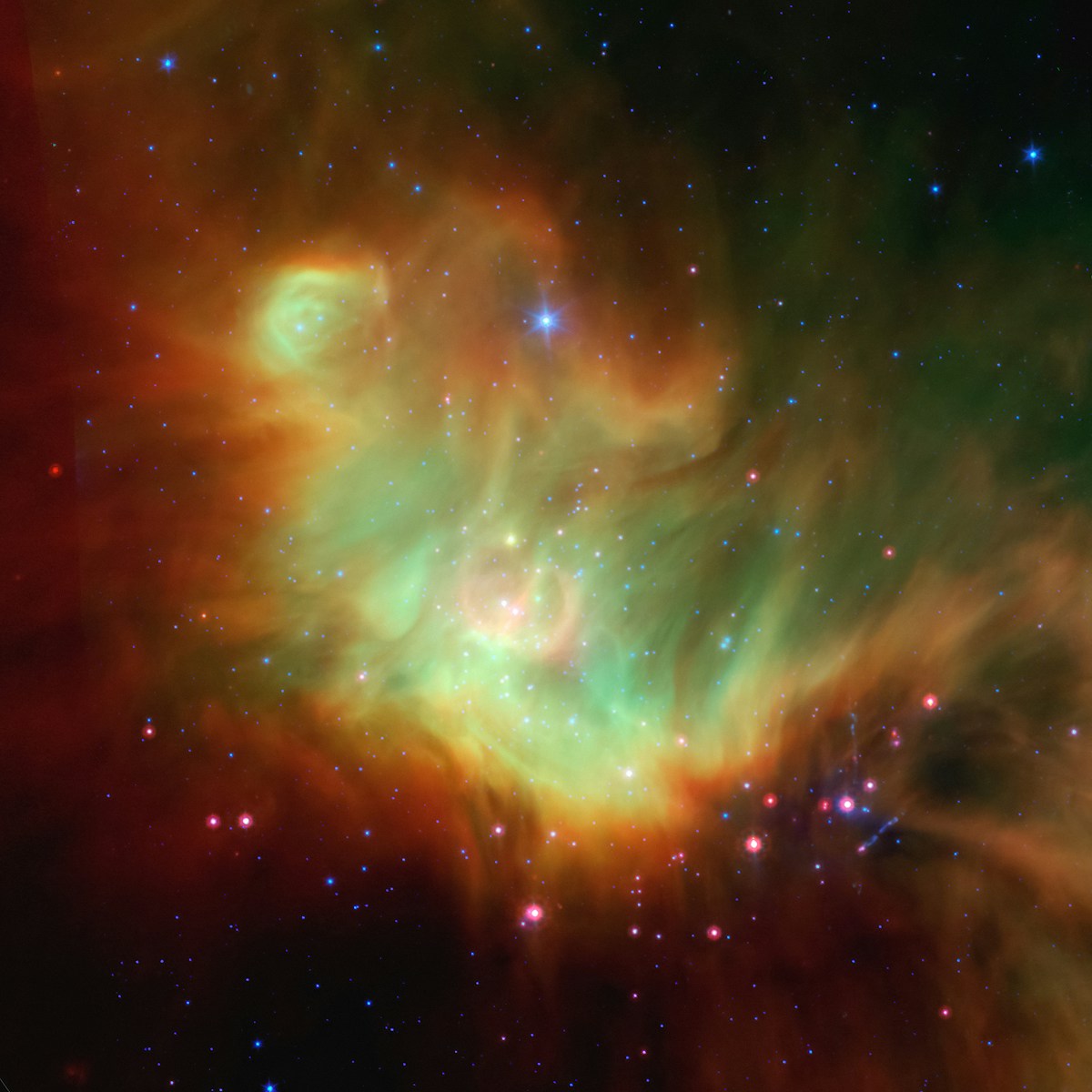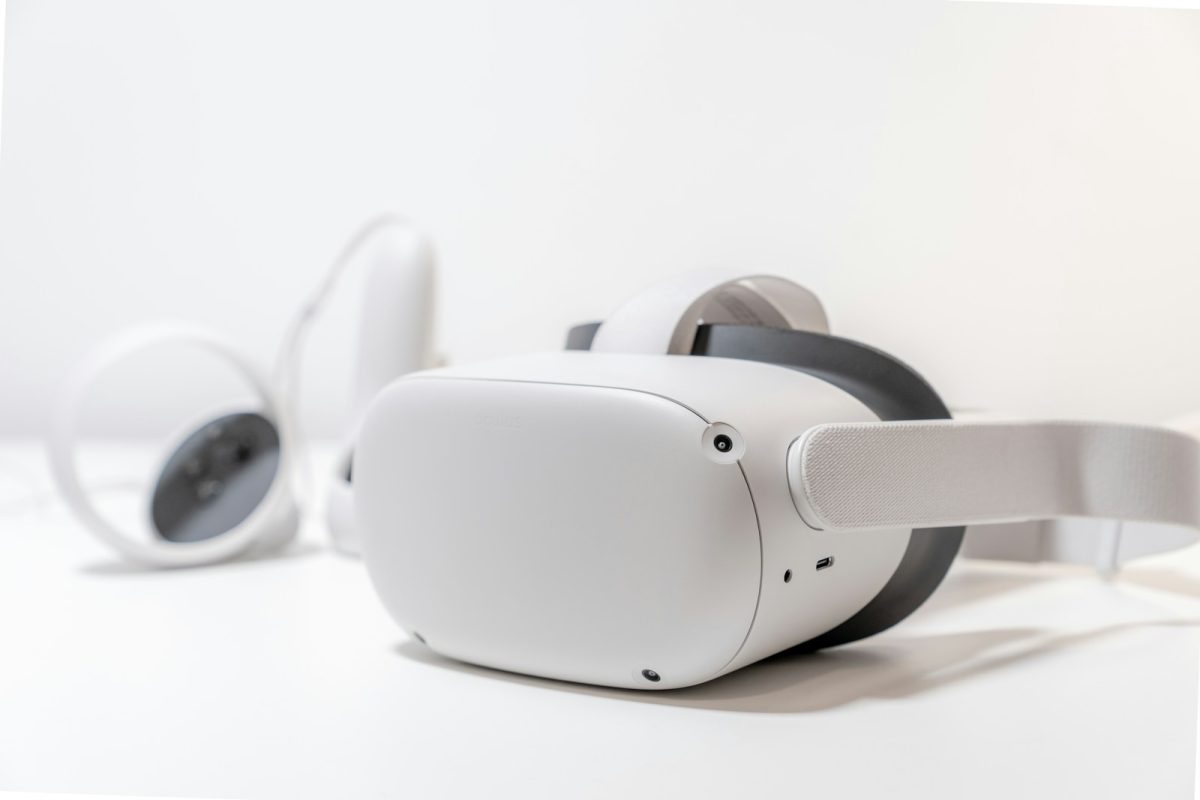The mandela effect refers to the false memories we have. Some believe the Monopoly man has a monocle, but in the official Monopoly game, he has never worn a monocle. There are a plethora of false memories we share with each other, most being of popular icons.
A popular paranormal researcher, Fiona Broomer conceptualized the Mandela effect after having strong memories of Nelson Mandela dying while imprisoned. She went as far as recalling his widows speeches and riots in cities. This was until she learned Nelson Mandela did not die but was released in 1990, dismissing her recollection. However, upon conversing with a staff member at a convention, she discovered others also recall Mandela’s death being broadcasted in the news. Despite the fact Nelson Mandela went on to lead South Africa and later died in 2013.
As a result, there has been a widespread of notable examples of this phenomenon. Some believe the infamous Disney star, Mickey Mouse, wears suspenders, but in reality he only wears red shorts. One other notable example is of Pikachu, some report remembering Pikachu having a black-tipped tail. In reality, the Pokemon character has a solid yellow tail.
Causes
Confabulation, a neurological disorder where someone has holes in their memories and generates false memories to compensate without the intention of deceit. When someone confabulates, they are not lying, but rather missing necessary information to recall certain events or memories. An example of confabulation is when someone with dementia remembers a tale from childhood that didn’t happen, but for them it did.
Social media, after the Mandela effect caught attention of bloggers, some use it to spread false claims and conspiracies. Social media is a worldwide tool, making it easier to promote inaccurate information. Websites use strategies such as incorporating false and true information together, and priming to convince their audience.
It isn’t rare for strangers to have the same memories as each other. But we consistently demonstrate false memories for specific icons which shows that our false memories are driven based on our environment and personal influences.
Related Stories:
https://www.health.com/mandela-effect-7376756
https://www.forbes.com/health/mind/mandela-effect/
https://www.cnn.com/2023/09/18/world/mandela-effect-collective-false-memory-scn/index.html
https://www.britannica.com/science/Mandela-effect
https://www.verywellmind.com/what-is-the-mandela-effect-4589394
Take Action:




















